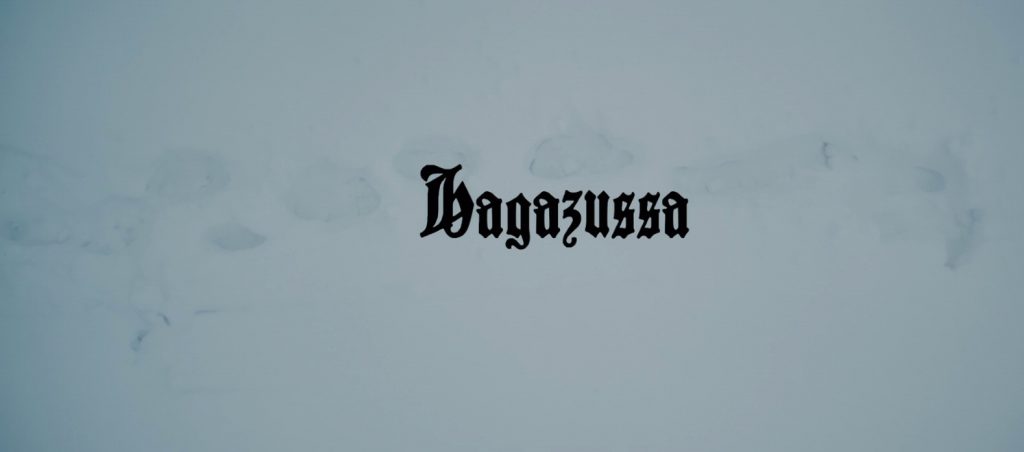
Hagazussa(2019)
Independent Apr 19, 2019 | Limited
After the loss of her tormented mother, the erratic behavior of a 15th century woman living in an isolated mountain village becomes a threat to the safety of her infant child.
Note: Distributed by Doppelganger Releasing
Releases
Original Release | Apr 19, 2019
View Advanced Data
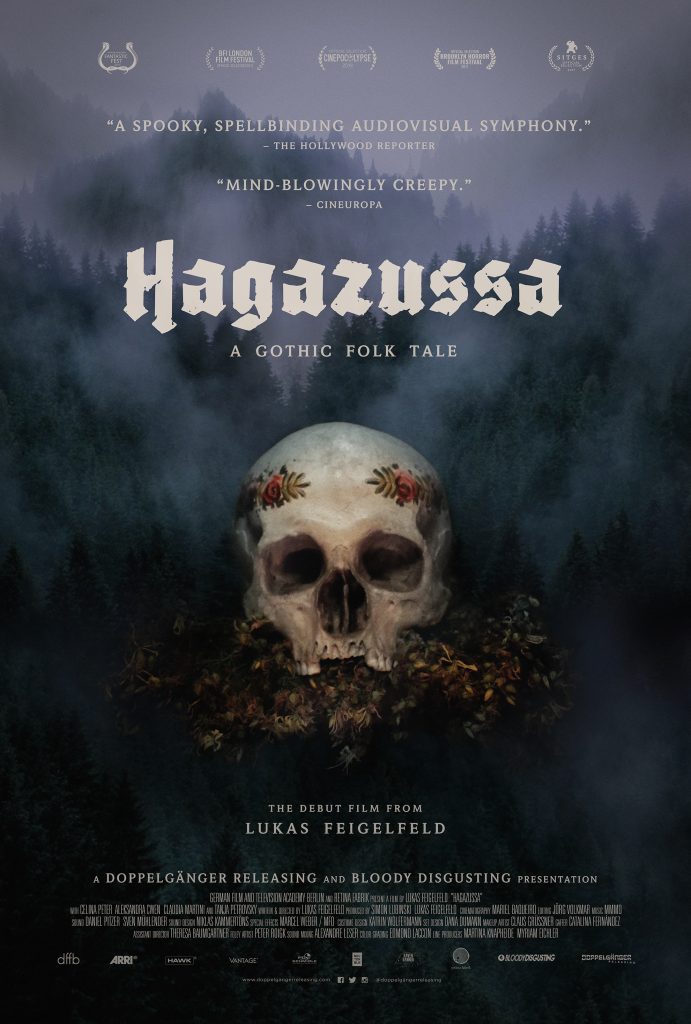
Box Office Results
Results
$6,041
$13,253
$8,234
$21,487
Current Showtimes
Your Location or
(U.S. Only)
Director & Top Cast
Technical Specifications
Aspect Ratio: 2.39:1
Other Details
Country of Origin: Germany,Austria
Language: German
Summaries
Storyline
- The dark legend of the young woman Albrun and her struggle to preserve her own sanity, and tries to explore the fine line between ancient magic, faith and madness at a time when pagan beliefs in witches and nature spirits spread fear and terror in the minds of the rural population. — AnonymousB In the remote Austrian alps in the 15th century, superstition reigns supreme. While plague stalks the land, paranoid peasants swap cautionary folk tales about evil spirits, pagans, Jews and other outsiders. Viewed with suspicion by their neighbors, young Albrun and her mother share a humble log-cabin farm nestled in a snowy mountain woodland. Orphaned at a young age, Albrun is left traumatized and alone, though she still hears her mother's ghostly voice calling her in the dead of night. Jumping forward 20 years, adult Albrun (Aleksandra Cwen) is now a single mother herself, still living on the forest farm with a newborn baby. The local priest shuns her and neighbors still routinely bully her: "Nobody wants your rotten milk, you ugly witch." One villager lures Albrun unto an uneasy friendship, but her motives prove malevolent, enticing the younger woman in a macabre sadomasochistic sex ritual. The final act sees a brutalized, ostracized, possibly insane Albrun descend into a psychedelic nightmare of infernal visions and cannibalistic horrors.
Similar Movies
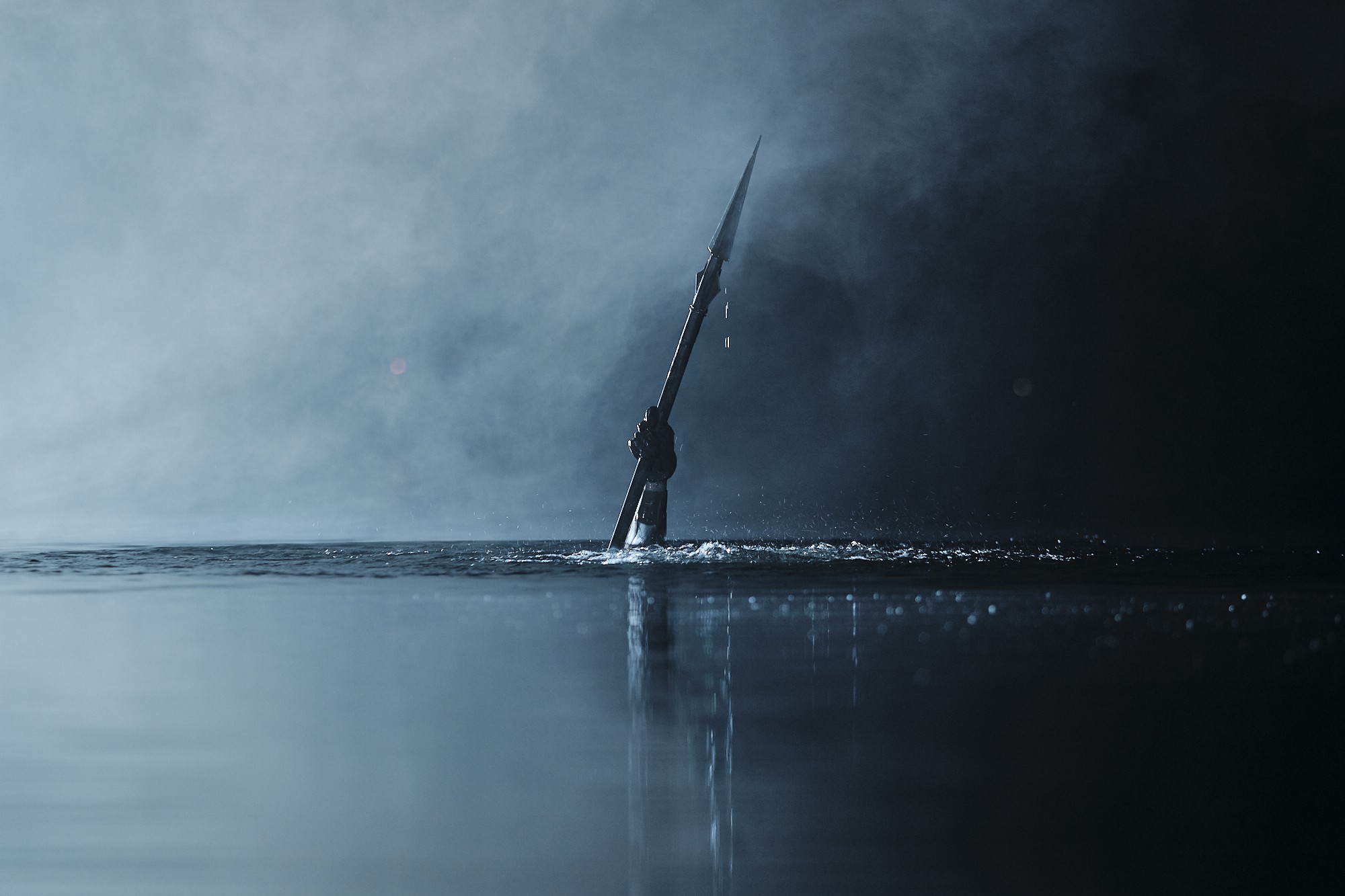
Teenage Sex and Death at Camp Miasma
Comedy, Horror

Backrooms
Horror, Sci-Fi
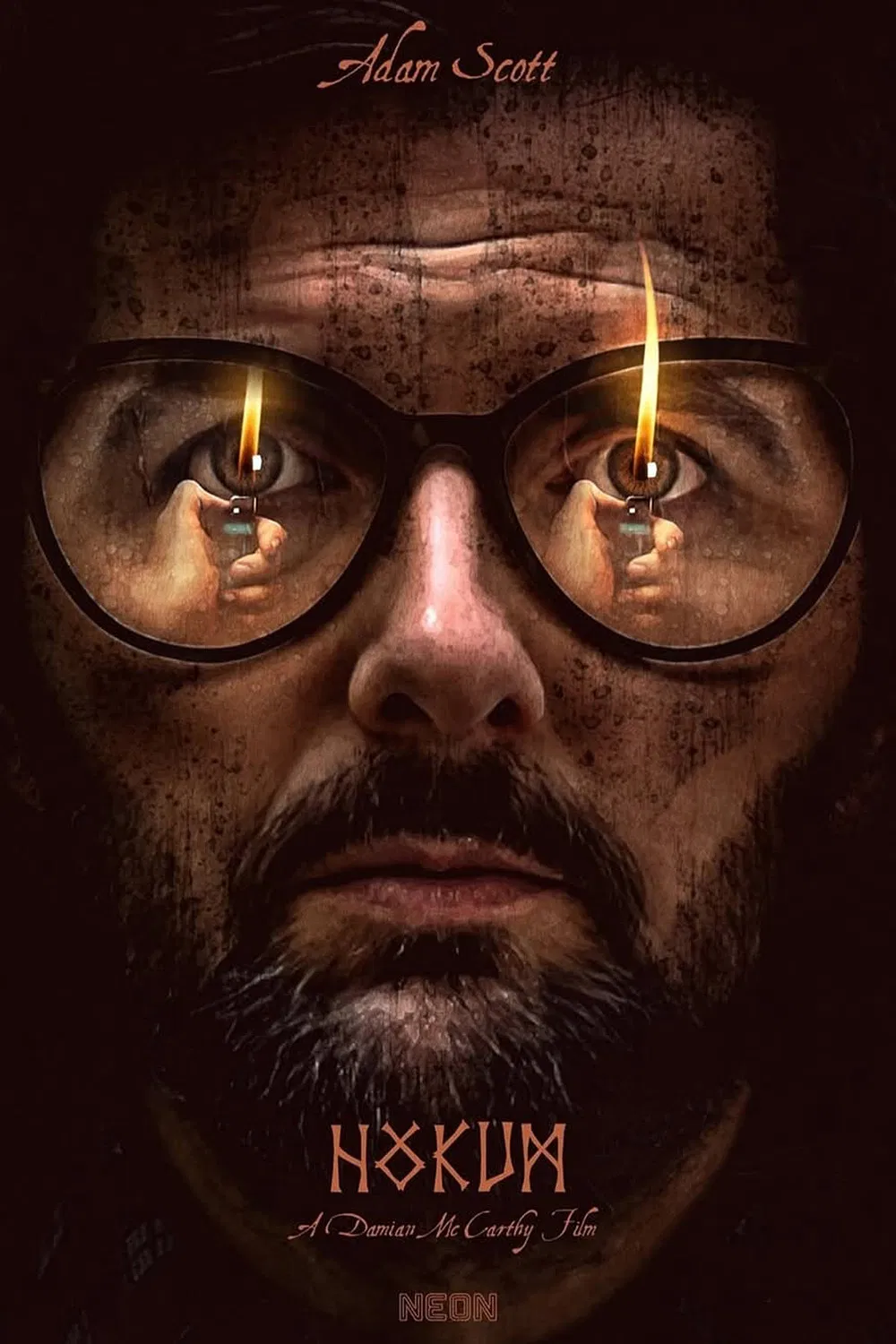
Hokum
1h 41m
Horror
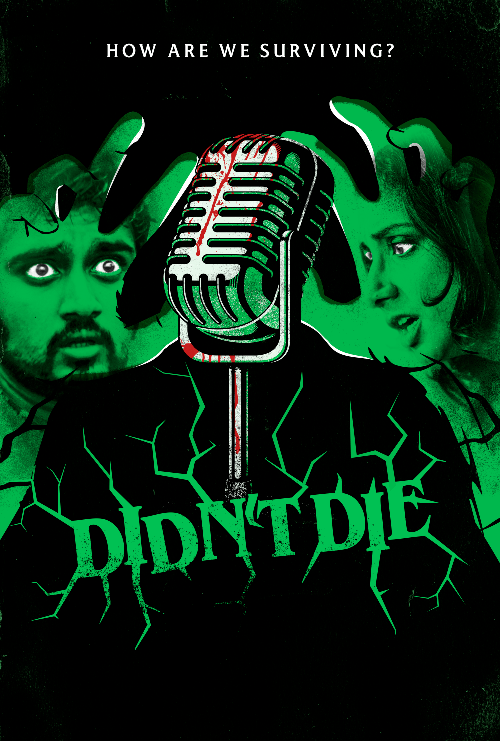
Didn’t Die
Comedy, Fantasy, Horror, Sci-Fi
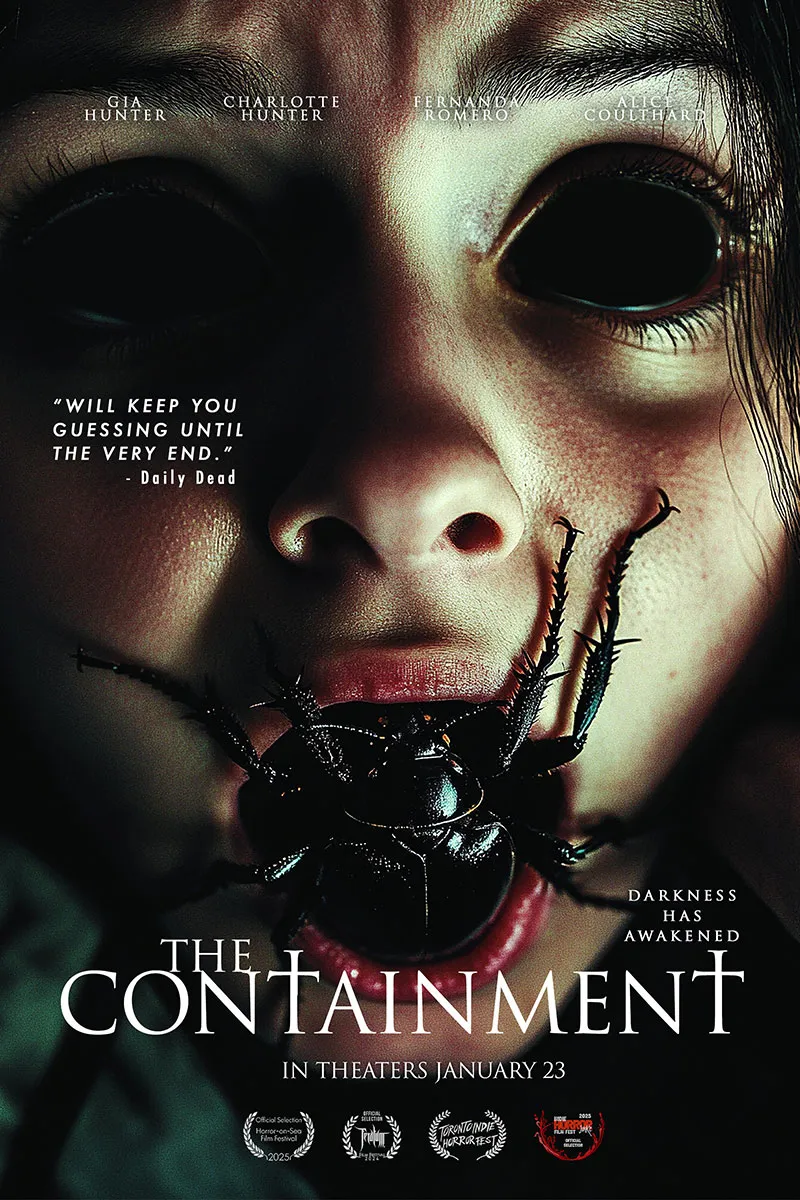
The Containment
1h 26m
Horror
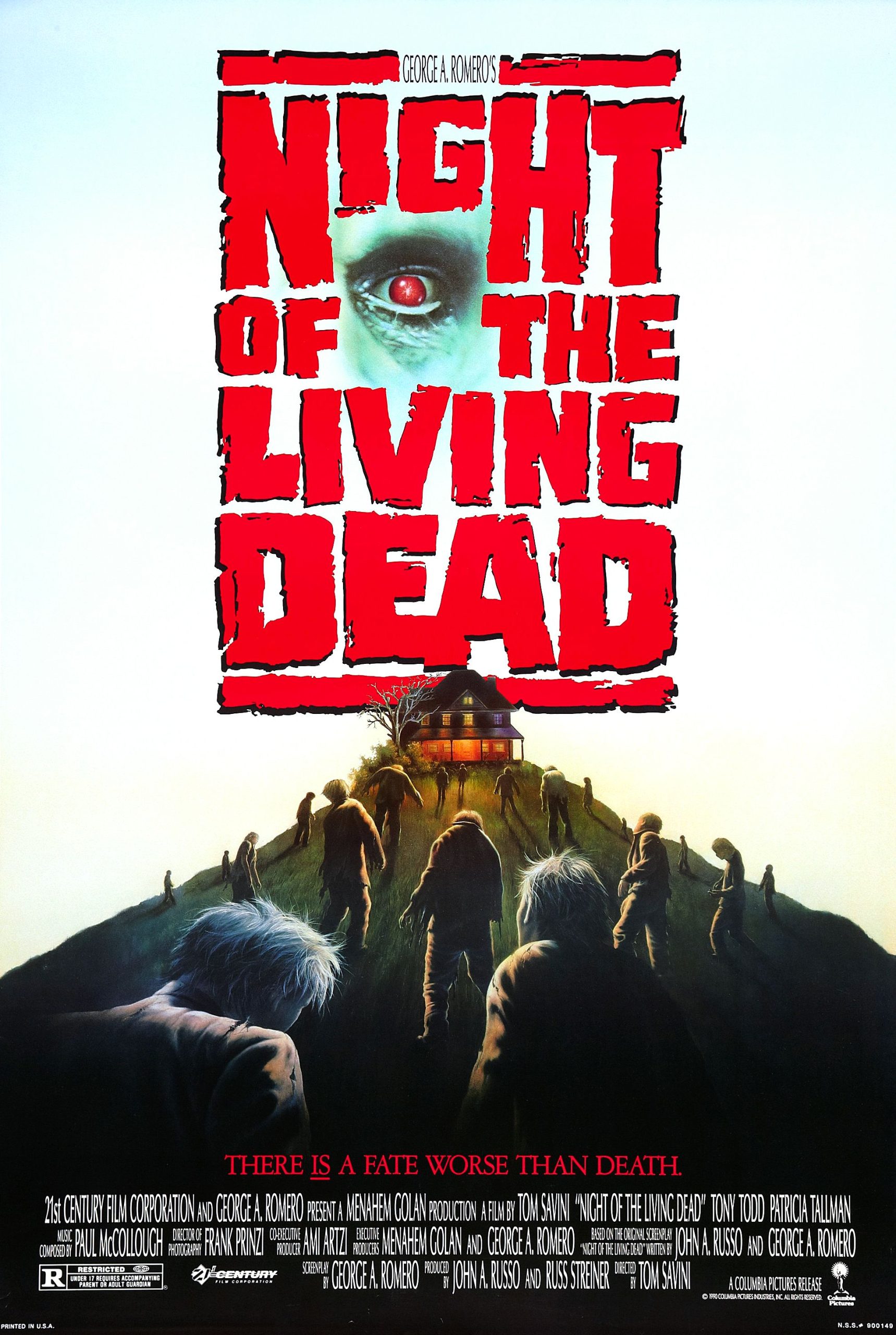
Night of the Living Dead
R1h 32m
Horror
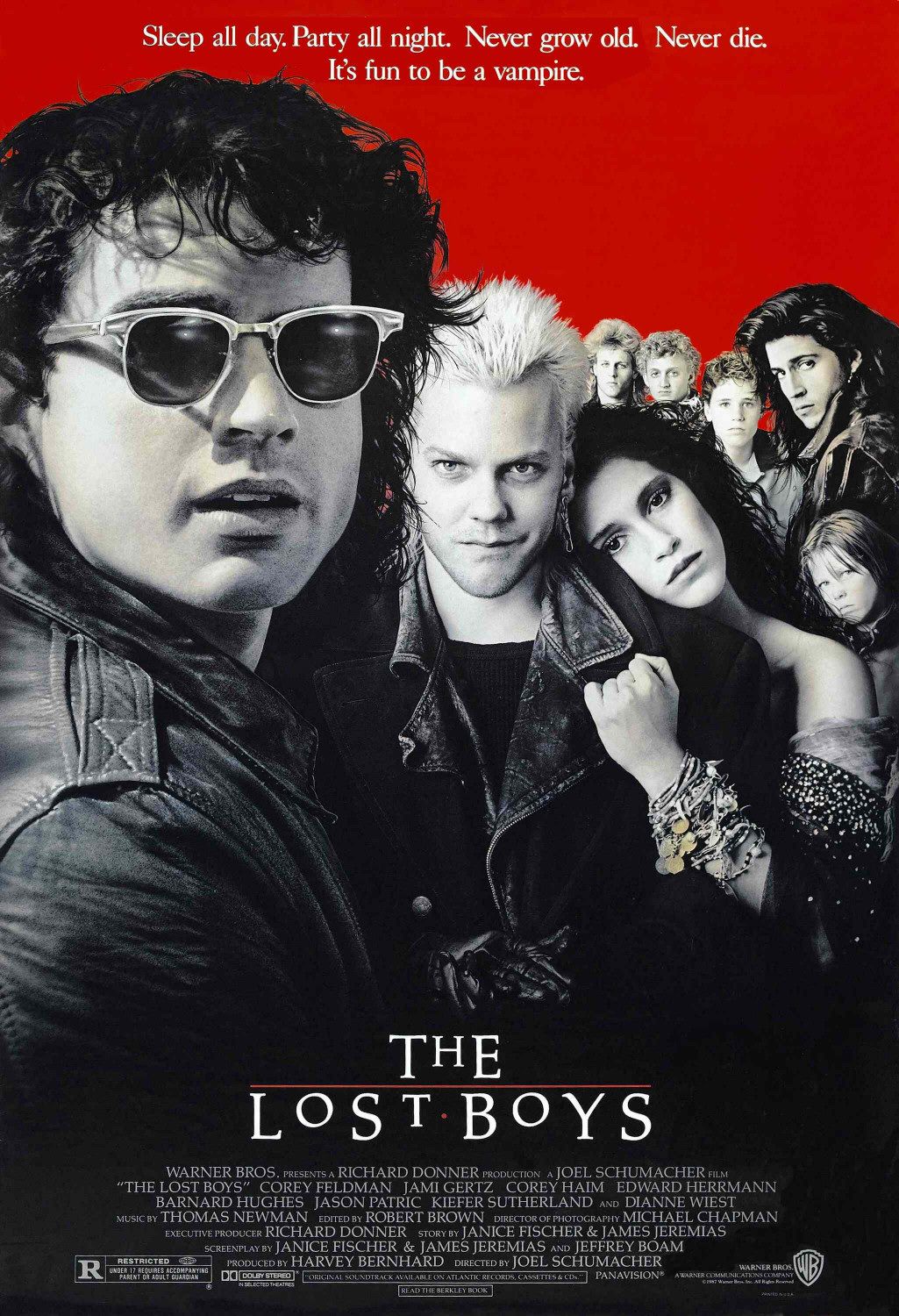
The Lost Boys
R1h 37m
Horror
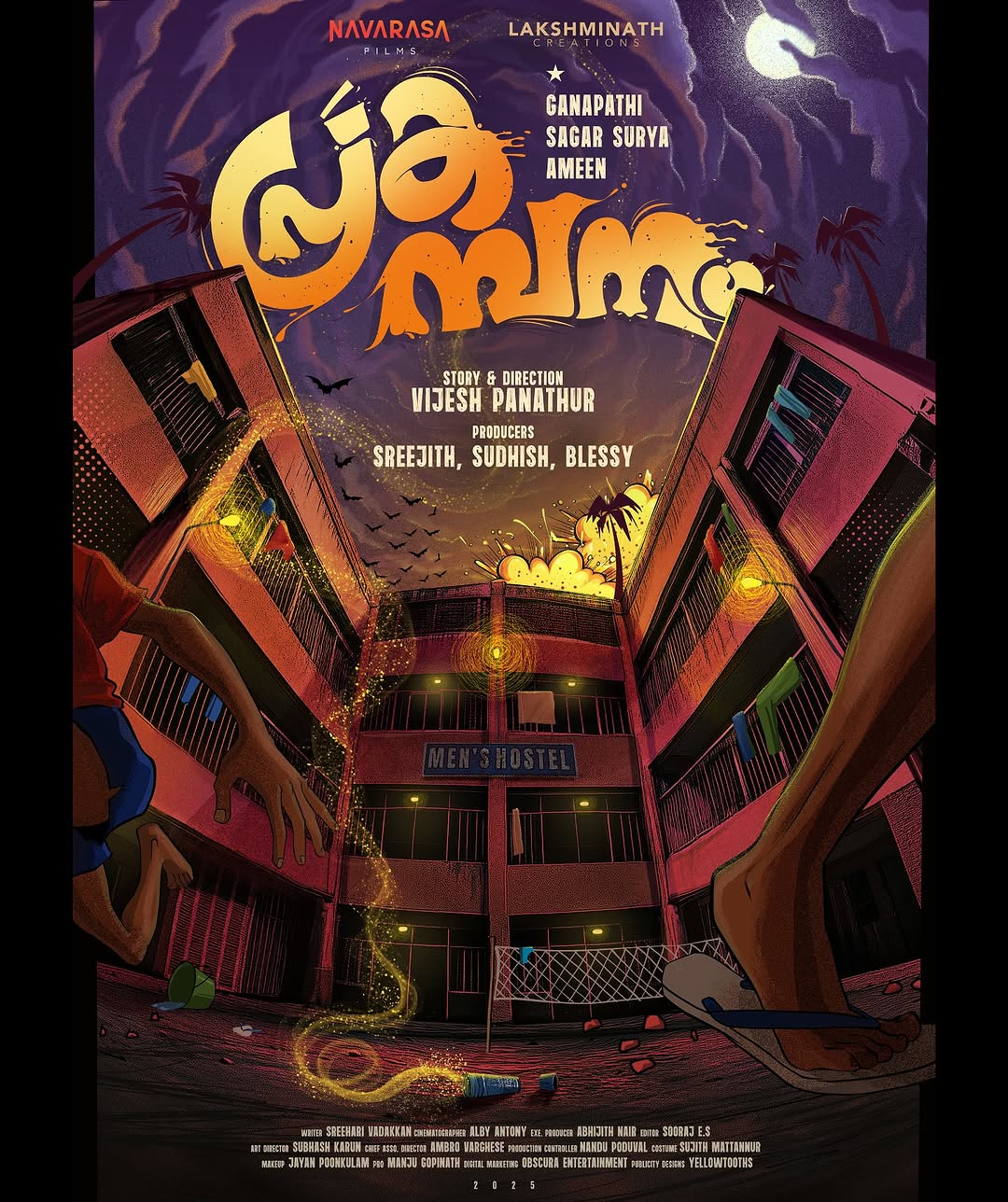
Prakambanam
2h 30m
Comedy, Horror

Exit 8
NR1h 35m
Action, Adventure, Horror, Mystery, Thriller

Paranormal Activity 8
Horror












